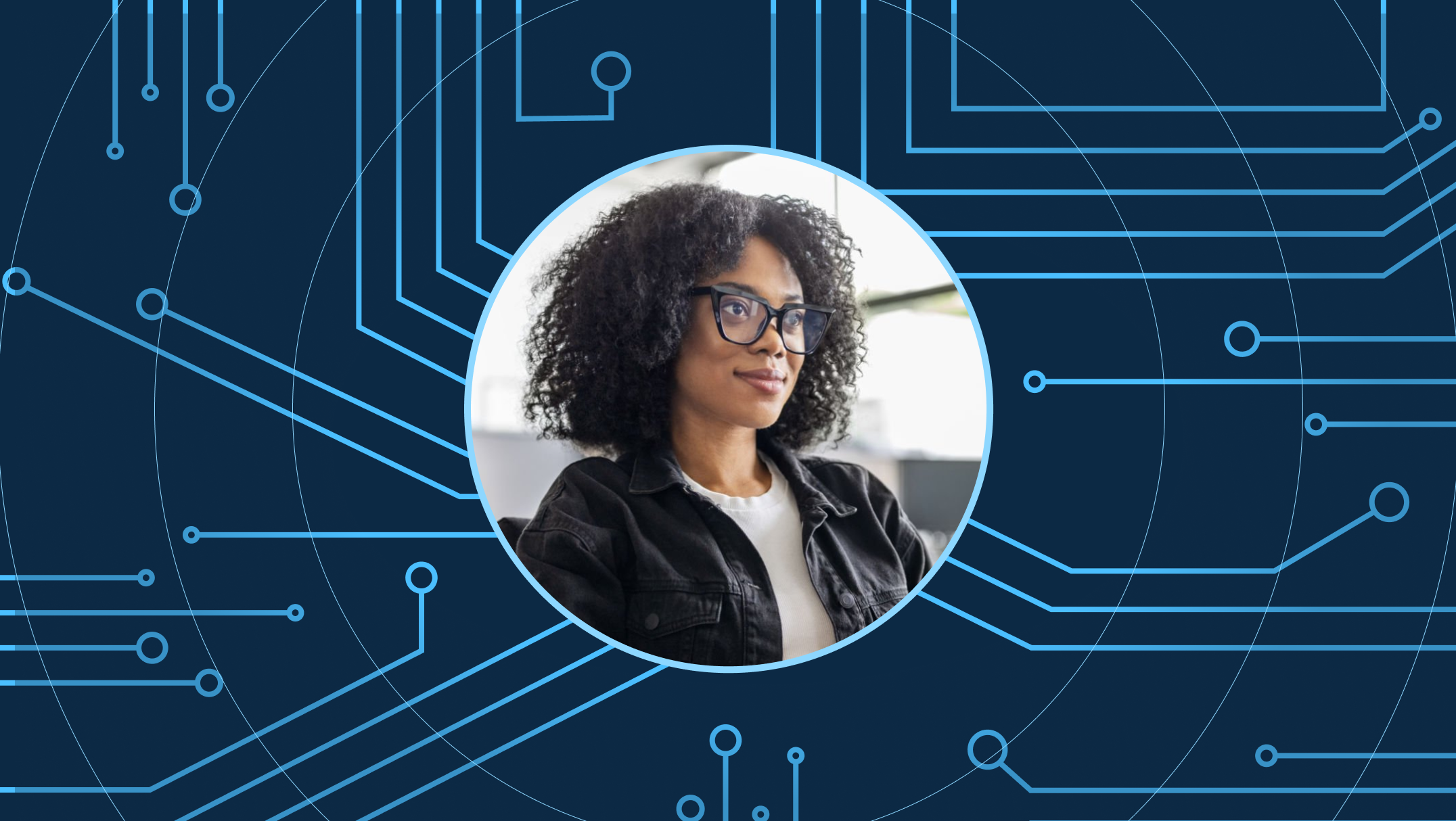From Consumers to Creators: How One Parent Leverages Technology for Productivity (Part 1)

It’s no secret that children spend a great deal of time online and on their digital devices, but how much of that time is spent consuming versus creating? As we live in an increasingly digital world that brings with it fears of screen addiction and the big bad internet, Joseph McPhail of WEquil decided to adapt his daughters’ Learning to the evolution of the internet, software, and machine Learning. Joseph is a father of two young daughters, a data scientist, an entrepreneur, and adopter of new technology. His approach helps guide his daughters to bring out their natural talents in ways that can succeed in the future job market. We hope that his perspective on raising creators, rather than just consumers, can help shed light on the productive and positive uses of technology in an ever-expanding digital society.
As a parent, what are your thoughts on the way that technology has become such an integral part of our everyday lives, especially as it becomes even more ubiquitous in the future of today's youth?
I’m a mix of thrilled and anxious. Thrilled because tech is driving down the cost of education, communication, and trust. Anxious because some tech, like social networks, are so transformational to the way we communicate that many societies and individuals are having trouble coping. I have to remind myself that, except for maybe the industrial revolution, no other period has experienced such a rapid change in how we live and work.
What piqued your interest in bringing technology into your children's lives?
My wife and I both built our careers on turning data into value. Information on everything is increasingly digitized and used to help us buy groceries, connect with friends, pick movies, filter news, invest for retirement, and even finish our emails. It won’t be long before machine Learning tools are driving our cars, advising us on relationships, and even enhancing our mental computing power.
How do you prepare children for a world of technologies that are potentially dangerous, but also fundamental to the economy?
Children need to be supervised when using tools that could potentially be dangerous, but early exposure helps them become more fluent...just like Learning a language. The language of our time is data and software. We want our kids to speak that language like a native, so we are teaching them early.
Do you worry about the risks of introducing these concepts too early?
Yes! But risks can be mitigated with strong parental supervision and guidance. There are also risks to introducing too late. Both our daughters had computers and Alexas by age seven. Both have blogs and take programming courses. We encourage them to use these tools to follow their passions and create. So far they have been doing just that.
For example, Sumay just published her first book, After the Fire, on Kindle Direct Publishing. It’s an incredible science fiction story about a girl named Fenix who keeps a diary of her thoughts using an AI called Cyberlink. The whole book is a giant “log file” of her mind’s interactions with this symbiotic computer. When we first read through it, we were like…”Wow, good thing we got her a computer!” Now we are helping her learn to market her book and interact with readers using Facebook, LinkedIn, and Twitter.
Of course, there are risks. What if kids in school think it’s silly and make fun of her? What if nobody cares? What if she gets some nasty reviews? What about all the people who intend harm? What if she gets hooked on social media and starts checking her status updates every five minutes?
Technology is extremely powerful and potentially dangerous. That’s a fact. Parents who let kids use computers and cell phones without supervision are putting their kids at risk. While doing research for the GirlsHealthApp, Sumay and I discovered a lot of scary statistics about the risks of using social media. Incidentally, trying to build a social media platform with your kids might just be the best way to teach them the dangers. One reason I’m not worried about my daughters getting addicted to social media is that they know the risks.
Shielding kids from technology may help to avoid some pain in the short run, but that’s not really the goal. The goal is for them to learn to use these tools responsibly and to make the world a better place. Kids are incredibly resilient. Bad things will happen, but success doesn’t come from avoiding failure. Creation requires accepting the possibility of failure. The sooner kids learn that, the better.
As your children continue to be raised in this digital age, are you concerned about the direction that the digital world is heading in?
Technology is taking us in many directions...some good and some bad. Three trends seem most important to me: improved decision-making, digital footprints, and artificial general intelligence. I’ll just touch on improved decision-making.
Decision-making will continue to improve as neural networks and datafication accelerate. This is a good trend. For the past 20 years, the big internet platforms like Google, Facebook, and Netflix, dominated the application of BigData. That was because the internet was already digitized and network effects drove usage on their platforms. Today, all types of businesses are Learning to use their proprietary data to improve decision-making. My wife and I published a paper on this transformation in the banking sector, but much of what we wrote here can also be said for other industries.
Consumers are increasingly benefiting from enhanced decision-making as well. Facebook suggests friends, Netflix suggests movies, Google suggests news. These applications are just the beginning. The more data we have about ourselves, the more decision-making tools will be able to offer suggestions tailored to our unique circumstances in real time. Sumay has some creative insights on where this might be taking us in her new book.
Continue to read Part 2 here.
If you have GoGuardian at your school, you can request that your school enables the Parent App for reporting and insights.
Jump to Section
Bring the power of GoGuardian to your school or district today.


